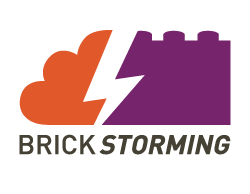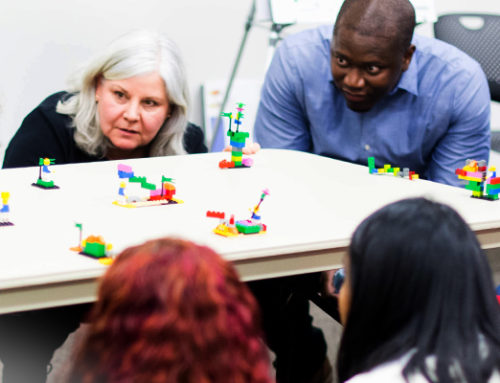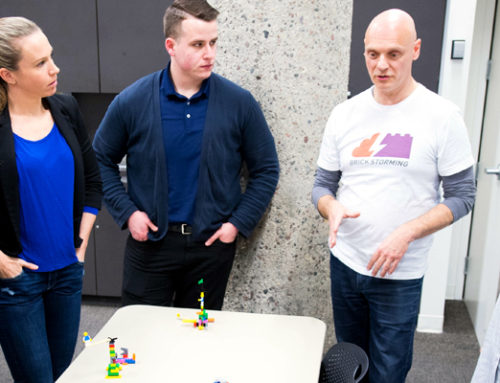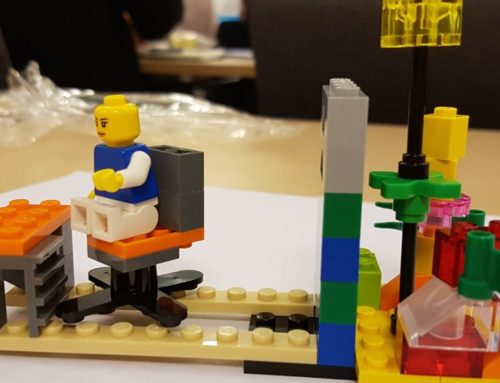How many times have you been asked for testimonials or references? This is a conundrum I have run into more times than I can count. I understand the urge that drives customers to ask; LEGO® SERIOUS PLAY® facilitated sessions are typically an investment of both time and resources and customers want to know that they are getting good value for their money. They want to hear from someone who is not being paid or influenced to tell them what they actually received, developed, changed, built, etcetera in return for their investment and then use that as a benchmark for what to expect.
LSP Facilitators are taught that it is part of our role within the Core Process to “make it safe to build” and to “make it safe to share.” Increasingly, the research is bearing out that one of the benefits of an experiential process such as LSP is the psychological safety that is inherently developed as part of the method (refer to the work by Wendi Dykes for more information on psychological safety within the LSP process).
Psychological safety is defined as a “shared belief that the current environment is safe for taking interpersonal risk” (Edmondson, 1999). What that means in the context of a workshop is that while LSP is not therapy, that doesn’t mean it isn’t therapeutic! And I often think about offering references in this context: If I went to my therapist’s office and they started the conversation by telling me that anything I shared in the context of our sessions or that thought-processes or behaviours I effectively changed as a result of our sessions could be used to advertise their services or prove to other clients that their services worked, would that change what I chose to share or how I behaved with my therapist? Or worse yet, if the therapist failed to mention that sessions could be shared with others, how violated would I feel if I found out after the fact? If I think about it from the perspective of a potential client interviewing a new therapist, are they allowed to ask that therapist for references? And is the therapist allowed to give them? I often wonder how would those references feel about their stories being shared, even if it were done anonymously?
Additionally, I feel that context is key; Statements made to my therapist are not the same as statements made in a different context; for example, saying to my therapist in an allegorical way, “he makes me so angry, I could kill him!” is very different than making that same statement to a police officer. Both the therapist and the police officer are in a work environment and doing their jobs when I make this statement, but it has very different consequences depending on the specific context of that work! So despite understanding how clients may wish to use references to benchmark their expectations for an LSP session, it really isn’t relevant to reference what someone else did in their specific workshop.
I firmly believe that making it “safe to build” and “making it safe to share” requires extending psychological safety beyond the context of the workshop. So, how do you strike a balance between maintaining psychological safety and benefitting from referential advertising?









Leave A Comment